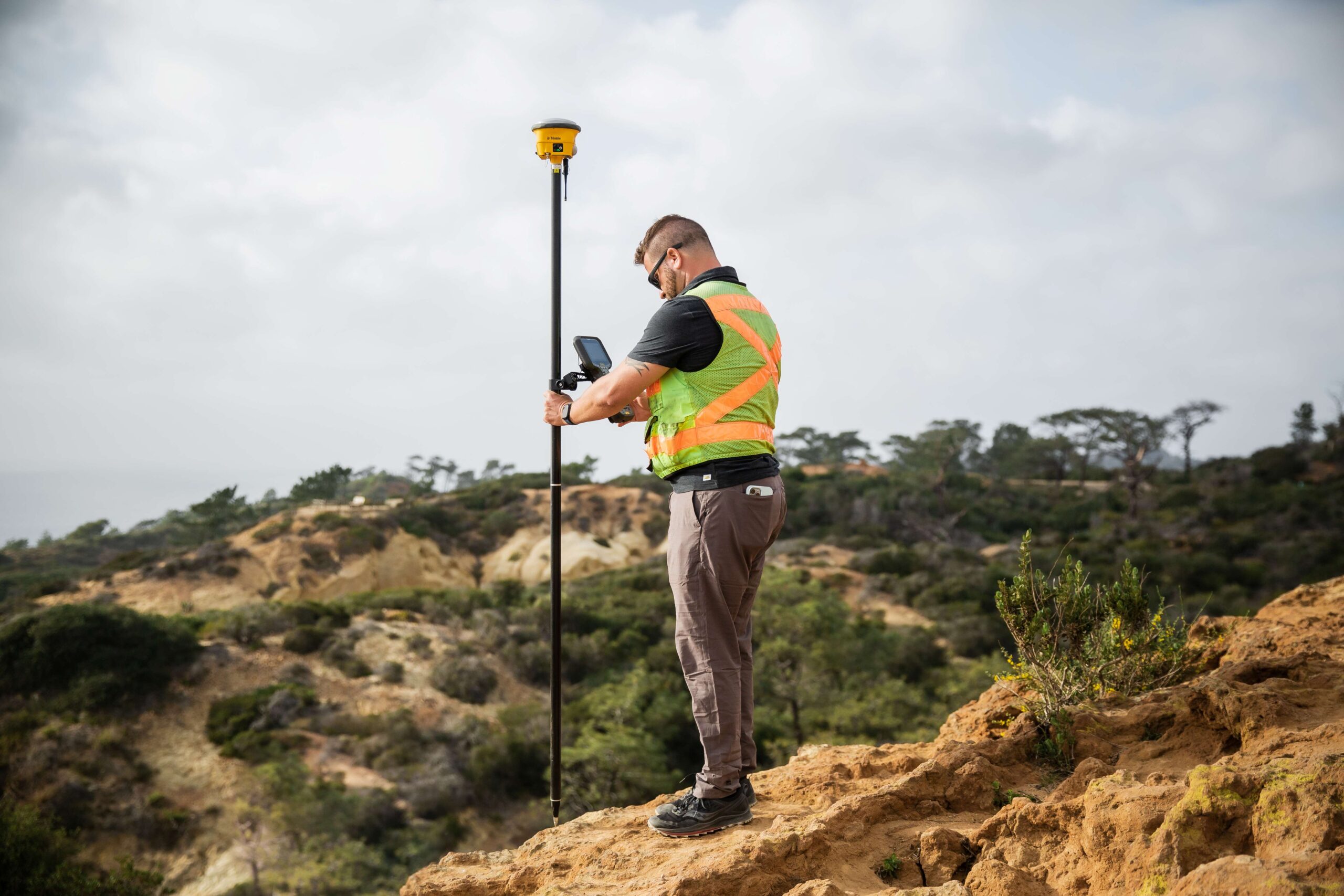Published: 17 Jul 2024
There are many reasons why someone would choose to become a surveyor, but one of the chief benefits often cited by people within the profession is the opportunity to spend time working outside. Surveyors are required to work in a variety of locations, carrying out many different types of survey. Project to project, the landscape is likely to be substantially different – and sometimes even within the same project a surveyor might be dealing with different types of challenges and terrains.
Whatever landscape you particularly enjoy – be that rural or urban – there will always be something that appeals to you if you are a surveyor. In this first of two articles, we will be exploring some of the benefits and challenges of working in rural landscapes, while in the second article, we will explore the urban environment in more detail.
Benefits and challenges
Many of the benefits of surveying in rural locations can equally be seen as challenges, but for some surveyors, that is also half the fun. Depending on the job, a surveyor might find themselves in a field, on or by a lake or even halfway up a mountain – and everywhere in between. The landscape may be pastoral or dramatic, but the weather conditions on the day will probably determine whether this is paradise or not! A love of the great outdoors and being at one with nature is an important attribute for a surveyor, and enjoying the ever-changing UK weather conditions is probably another.
Safety first
Unless a project has a requirement for multiple surveyors – either because of the complexity of the job or the timescales the surveyors are operating to – there is a fair chance a surveyor will be working alone. Again, this aspect will appeal to many surveyors and as long as risk assessments and method statements, along with any lone working processes are followed, there is no reason why lone working should be a problem. However, it is important for a surveyor to remain aware of their surroundings at all times and ensure that they don’t put themselves in unnecessary danger. A slip or a trip in an isolated location could be problematic, if no one else in the team knows you are there.
If the thought of working outside in the countryside appeals, perhaps you should consider a career as a land surveyor. Find out more about surveying, visit www.tsa-uk.org.uk

